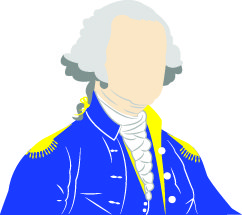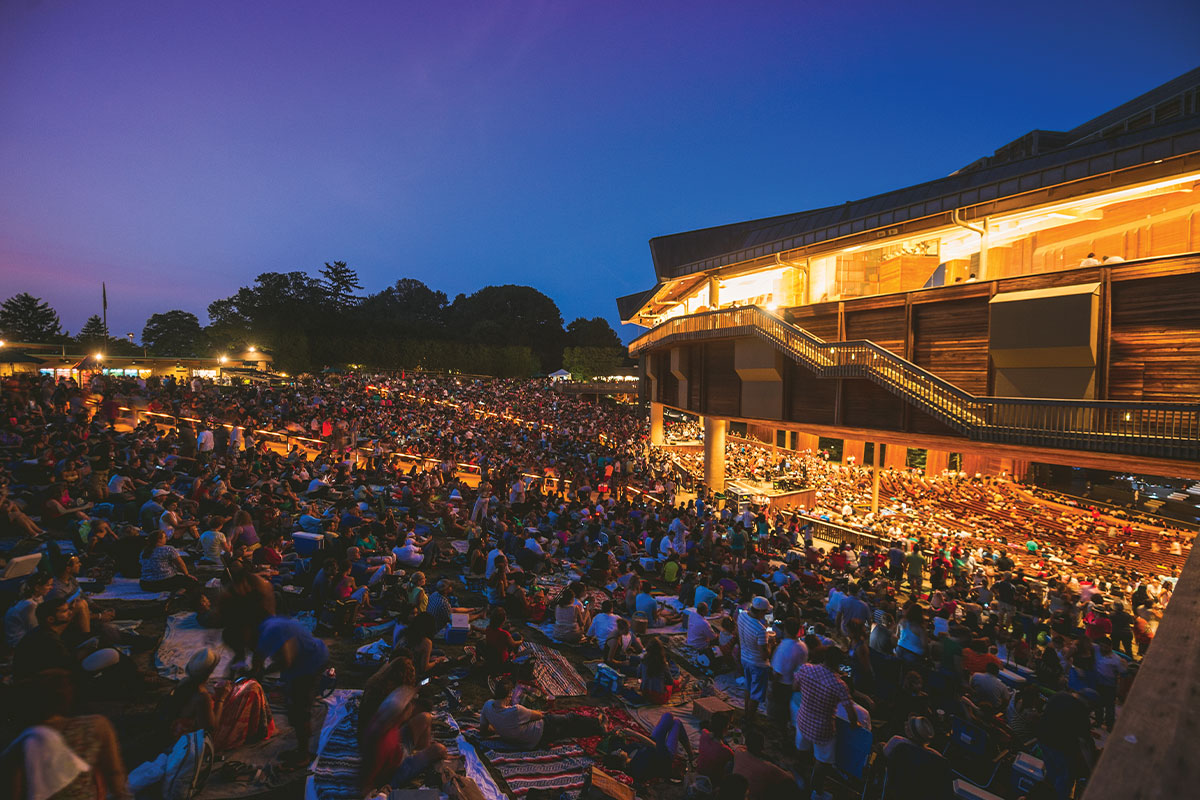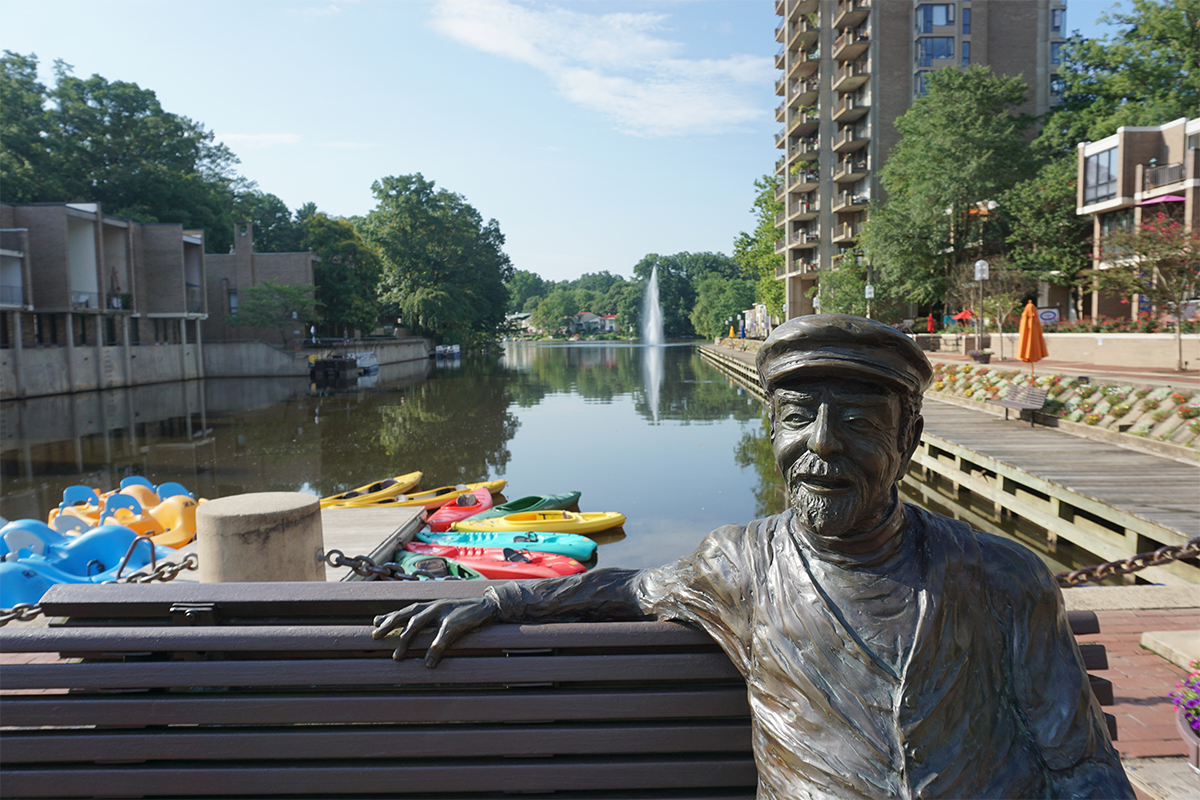By—Robert Fowler, Brandon Payton and Eliana Reyes
Virginia is the home of eight Presidents of the United States—more than any other state. How much do you know about these hometown leaders? With the help of Geoffrey Skelley, political analyst from the University of Virginia, we’ve laid out the facts, with some surprising truths. We’ve also debunked myths, located presidential pasts, and remembered their fondest water holes. All Illustrations by Susan Steury.

Then: Unaffiliated with Federalist Leanings
-Used troops to squash The Whiskey Rebellion
-A business conservative
-Created a more powerful central government
Now: Moderate Republican
“A people … who are possessed of the spirit of commerce, who see and who will pursue their advantages may achieve almost anything.”

Then: Democratic-Republican
-Considered radical by Federalists
-Wanted smaller government and less taxes
-Opposed expanding slavery despite owning slaves
Now: Conservative Republican with Libertarian Leanings
“It is error alone which needs the support of government. Truth can stand by itself.”

Then: Democratic-Republican
-Governed as a Pseudo-Federalist
-Signed internal improvements bills
-Backed building army prior to the War of 1812
Now: Moderate Democrat
“If men were angels, no government would be necessary.”

Then: Democratic Republican
-Fiscally Conservative
-Opposed bills for internal improvements
-Signed Monroe Doctrine and had aggressive foreign policy
Now: Conservative Republican
“The best form of government is that which is most likely to prevent the greatest sum of evil.”

Then: Whig
Campaigned national bank reestablishment, federal expenditures and internal improvements
Died a month in office, leaving his official stances a mystery
Now: Conservative Democrat
“The only legitimate right to govern is an express grant of power from the governed.”

Then: WINO (Whig in Name Only)
-Stifled the more liberal Whig agenda after becoming President.
-Staunchly backed states’ rights and believed in a limited government.
Now: Tea Party Republican
“Wealth can only be accumulated by the earnings of industry and the savings of frugality.”

Then: Whig
-Fancied himself as a maverick
-Military leader with zero political experience
-Favored a small government and opposed growth of slavery
Now: Republican
“I have no private purpose to accomplish, no party objectives to build up, no enemies to punish—nothing to serve but my country.”

Then: Democrat
-Originator of the Democratic Party we know today
-Established the Federal Reserve, created the income tax and passed major pro-labor legislation
-Decreased civil rights for African Americans
Now: Socially Conservative Democrat
“The ear of the leader must ring with the voices of the people.”






